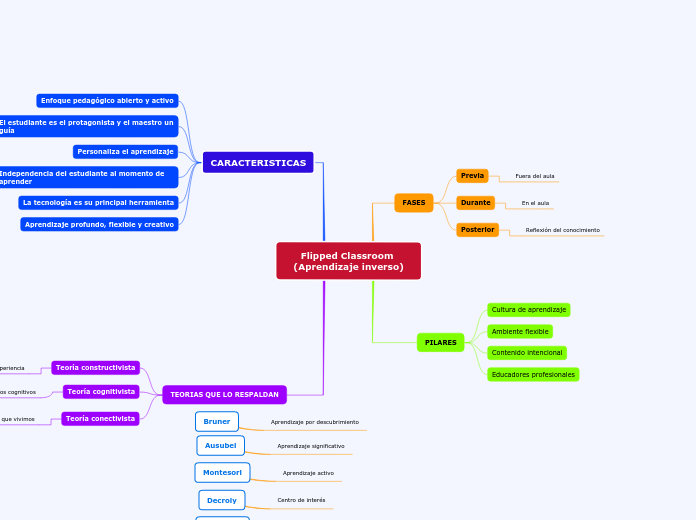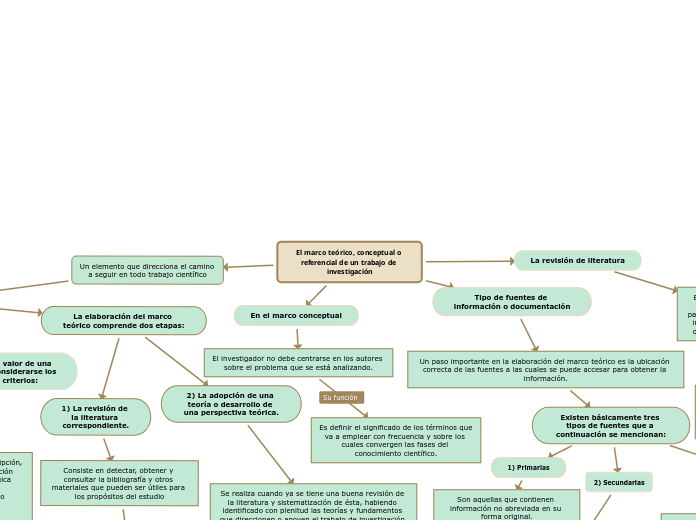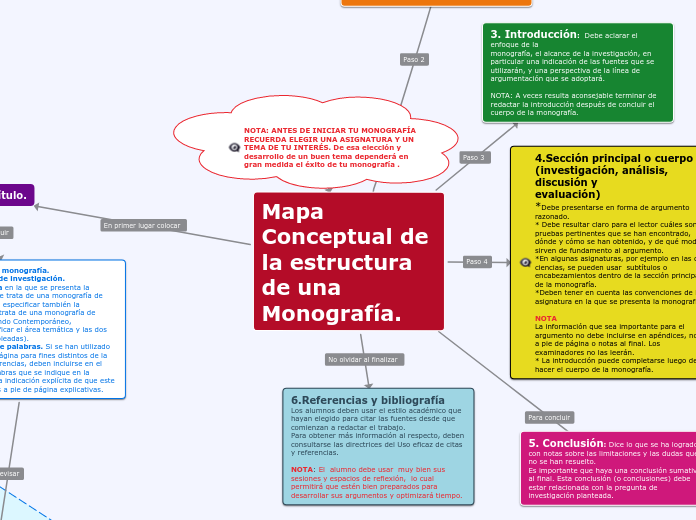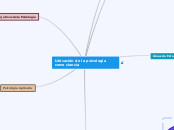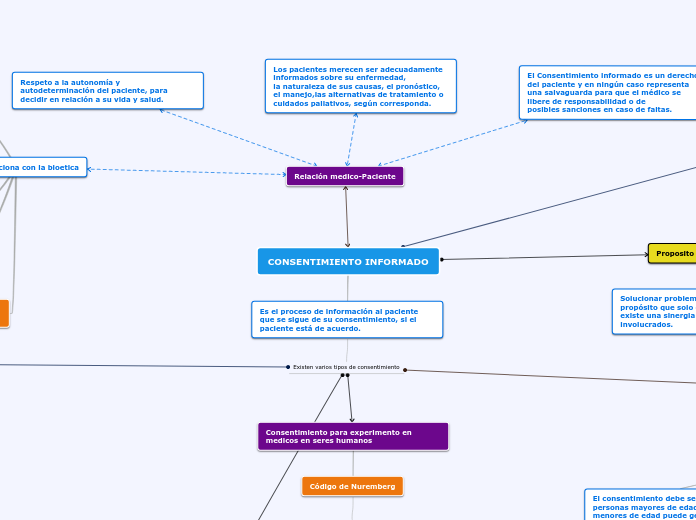Siemes
Conectividad
Bloom
Bruner
Aprendizaje por descubrimiento
Piaget
Desarrollo cognitivo
Vygotsky
Aprendizaje social
Kilpatrick
Aprendizaje de investigación
Decroly
Centro de interés
Montesori
Aprendizaje activo
Ausubel
Aprendizaje significativo
Flipped Classroom (Aprendizaje inverso)
In linguistics, syntax is the set of rules, principles, and processes that govern the structure of sentences in a given language, usually including word order.
TEORIAS QUE LO RESPALDAN
A compound sentence is a sentence that has at least two independent clauses joined by a comma, semicolon or conjunction. An independent clause is a clause that has a subject and verb and forms a complete thought.
Teoría conectivista
Create your own compound sentences, using the coordinators above.
Todo lo referente a la actualidad en la que vivimos
Teoría cognitivista
Procesos cognitivos
Teoría constructivista
When independent clauses are joined with coordinators (also called coordinating conjunctions), commas and semicolons, they do more than just join the clauses. They add meaning and flow to your writing.
El conocimiento se construye por medio de la experiencia
CARACTERISTICAS
A complex sentence is a sentence that contains an independent clause and one or more dependent clauses.
An independent clause can stand alone as a sentence, but a dependent clause even though it has a subject and a verb cannot stand alone.
Aprendizaje profundo, flexible y creativo
Attributive clauses serve as an attribute to a noun (pronoun) in the main clause. This noun or pronoun is called the antecedent of the clause.
La tecnología es su principal herramienta
An adverbial clause is a group of two or more words that function as an adverb in a sentence.
Independencia del estudiante al momento de aprender
An appositive clause follows another noun or noun phrase in apposition to it; that is, it provides information that further identifies or defines it.
Personaliza el aprendizaje
The subject clause is a dependent clause that acts as a subject.
El estudiante es el protagonista y el maestro un guía
A predicative clause may be introduced by conjunctions - that, whether, whether... or, as, as if, as though, because, lest, the way - or connectives.
The latter may be conjunctive pronouns - who, whoever, what, whatever, which - or conjunctive adverbs - where, wherever, when, whenever, how, why.
Enfoque pedagógico abierto y activo
The object clause is a phrase on which a verb performs an action. It falls at the end of a sentence, and is governed by a verb or a preposition.
PILARES
Educadores profesionales
See the example below and try to create your own simple sentences.
Tim is driving the car with his mother.
Contenido intencional
See the example below and try to create your own simple sentences.
Tim is the driver.
Ambiente flexible
See the example below and try to create your own simple sentences.
Tim drives the car.
Cultura de aprendizaje
See the example below and try to create your own simple sentences.
Tim drives.
FASES
Posterior
An adverbial is an individual word (that is, an adverb), a phrase, or a clause that can modify a verb, an adjective, or a complete sentence.
Reflexión del conocimiento
Durante
The attribute is defined as a quality or characteristic of a person, place or thing.
En el aula
Previa
The predicative is defined as an adjective or noun forming or contained in the predicate.
Its main trait is that it serves to express a property that is assigned to a 'subject'.
For e.g.: The dog is old.
Fuera del aula
